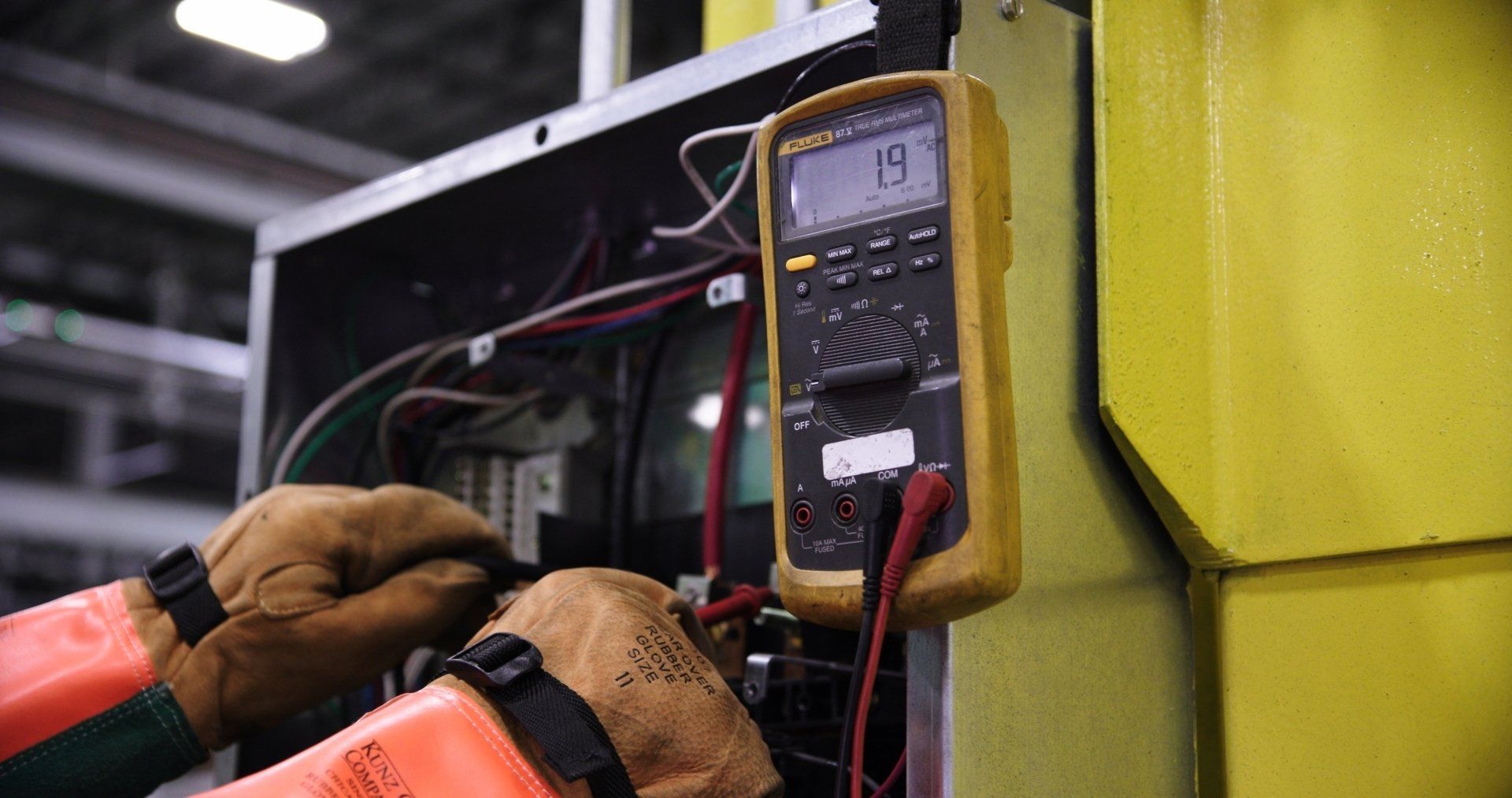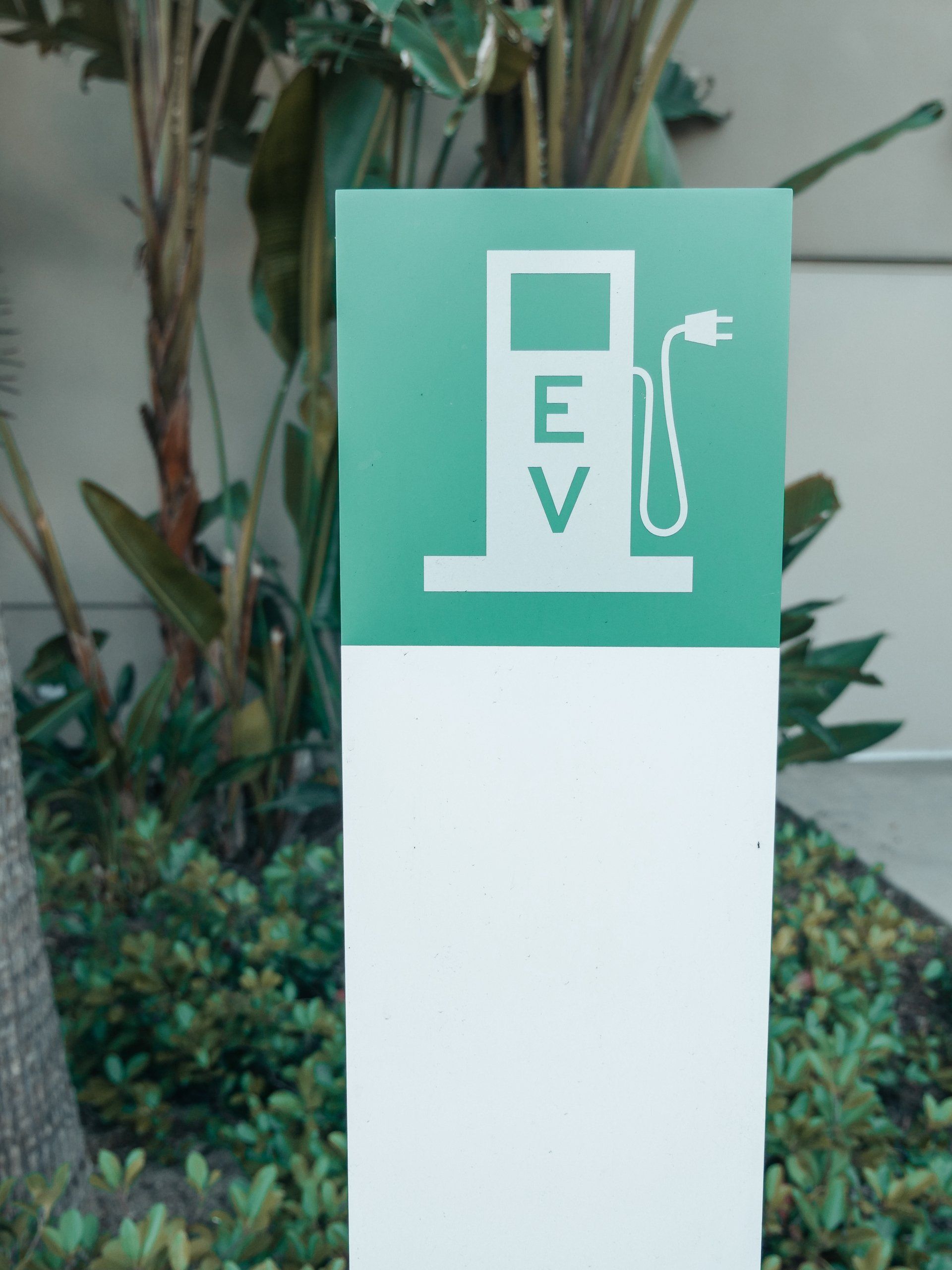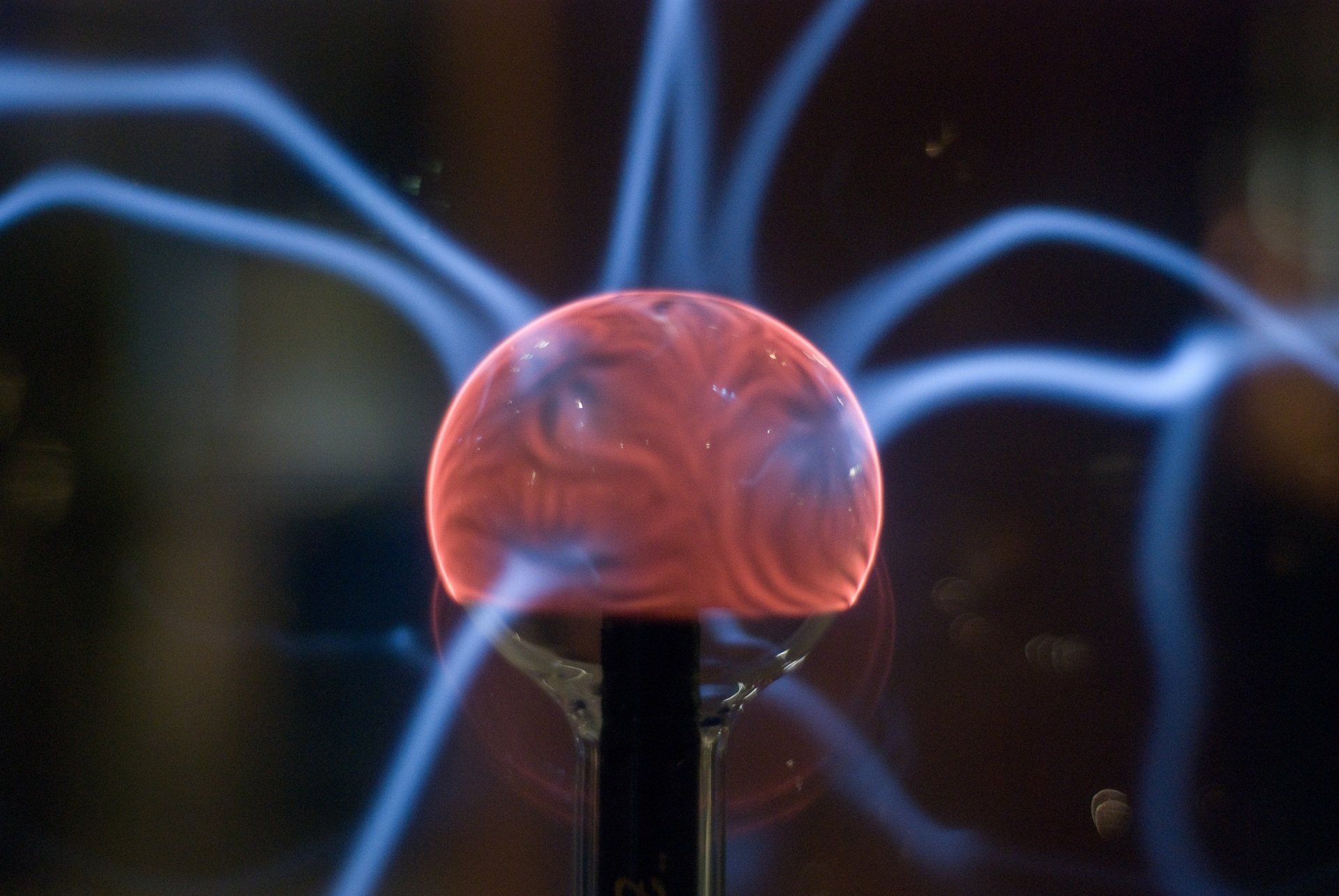Wired vs Wireless EV Chargers
Electric vehicles (EVs) are gaining increasing popularity worldwide, and charging infrastructure is essential for supporting their growth. When it comes to EV chargers, there are two primary options: wired and wireless EV chargers. In this post, we will explore the differences between the two and help you determine which option is right for you.
Wired EV Chargers:
Wired EV chargers require a cable to be physically attached to the vehicle to initiate charging. They can deliver power through two different connector types: Level 2 (240V) and DC Fast Charging (480V).
Level 2 wired chargers are common for home use, and they take several hours to fully charge an EV. They require dedicated 240V circuits in your home and may need professional installation.
DC Fast chargers are typically used outside the home, and they can charge an EV much faster, up to 80% in under 30 minutes. However, they are expensive and require professional installation.
Wireless EV Chargers:
Wireless EV chargers, also known as inductive chargers, do not require a physical cable to charge the vehicle. Instead, they use electromagnetic induction to transfer energy from the charger's pad on the ground to a receiver on the vehicle.
Wireless chargers are still relatively new, and their power delivery is lower compared to wired chargers. They also tend to be more expensive than their wired counterparts.
So, which option is right for you?
The decision to choose a wired or wireless EV charger depends on several factors, including your budget, practicality, and convenience.
Wired EV chargers are cost-effective and currently most commonly used worldwide. With the right installation, they can be convenient and faster than wireless options.
Wireless EV chargers do not require a cable to connect the vehicle to the charging station, which can be more convenient and time-saving. However, installation is more complicated and more expensive than that of wired EV chargers.
Conclusion:
Regardless of the option you go with, the installation and safety of the charging unit should be professionally handled to ensure safety and optimal use. By carefully weighing your needs, preferences, and budget, you can choose the type of EV charging unit that works best for you.
Share on:




